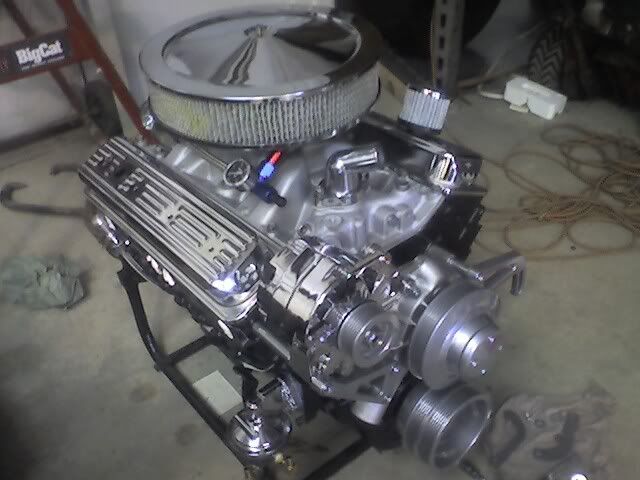270win
Petty Officer 2nd Class
- Joined
- Dec 4, 2009
- Messages
- 130
Re: What makes a marine engine a MARINE engine
It'll smoke that 305 at any rpm...
with what you're taking about you shouldn't see a difference from 0-1500 rpm. But in my experience, the RPM is better for midrange and top end numbers.Isn't the performer RPM intended to yield the most power from 1500-5500 rpm, where the performer is for 0 rpm on up? Seems like the performer would be better for a boat if what I stated is true. Well maybe not 0, but lower rpm.
It'll smoke that 305 at any rpm...




















